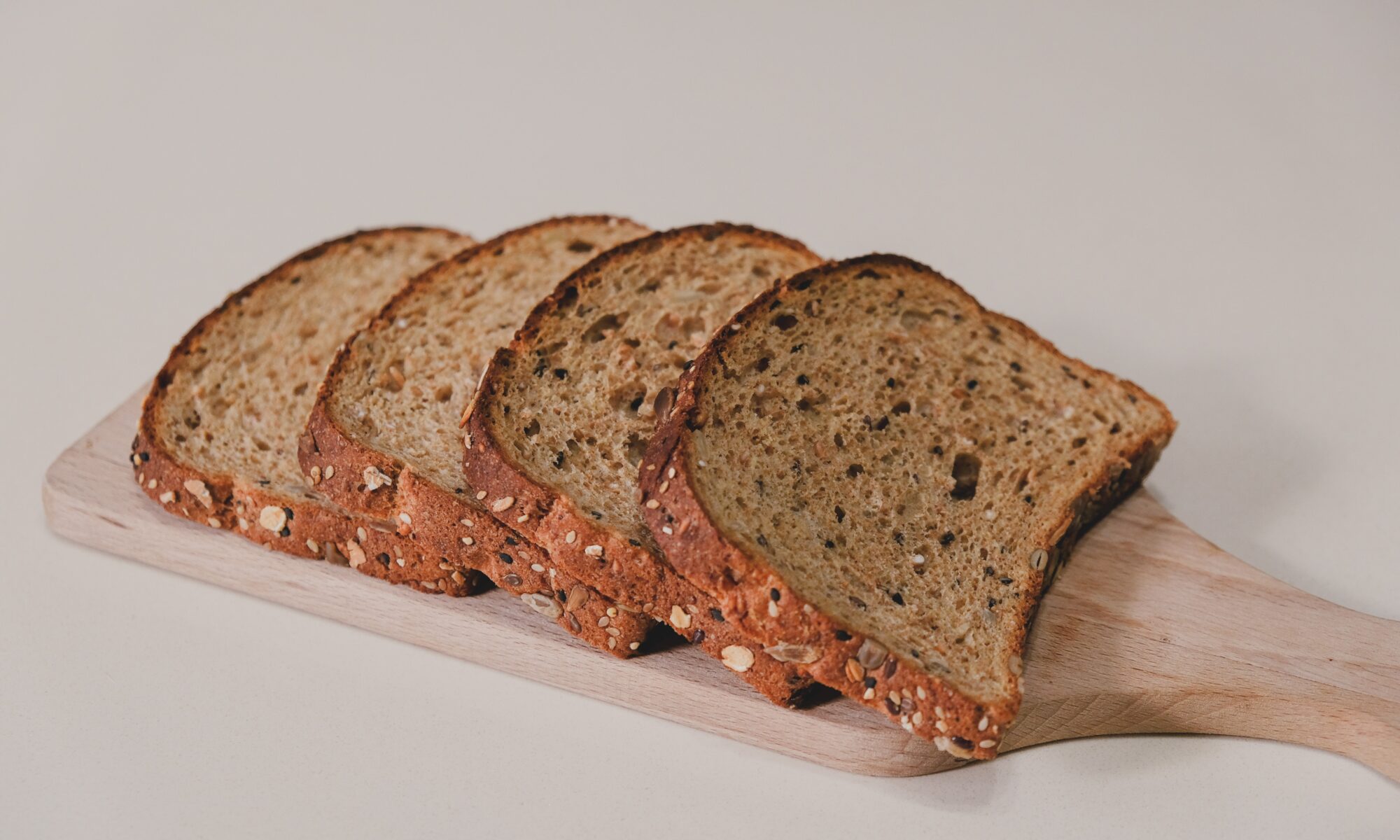In my last post, I shared my thoughts about the current dietary fad of avoiding grains and my personal approach to a healthful diet. In general, I recommend replacing refined grains with whole grains and suggest two servings of whole grains per day, served as part of two balanced meals. In this post, I delve deeper into the truth about grains, including scientific research that can help you make an educated decision about including grains in your diet.
The Truth About Grains, Part 1
At one time it was fat and cholesterol, then it was yeast, and then salt. Today, wheat is considered the “villain” and the cause of many health problems. In the popular press, wheat is blamed for everything from brain fog, to dementia, to obesity and cancer. How can a grain once considered “the staff of life” that has helped to sustain humanity since approximately 10,000 BC now be considered detrimental to health?
Why Grains Are Not The Problem
Fueling this trend are so-called experts who are vehemently anti-grain, and in particular, anti-wheat. They profess that wheat is the root of all disease, and cite a great deal of research in support of their theory—but in my opinion, they are overly simplifying the complex science of nutrition, and are picking and choosing research (and misinterpreting studies) simply to support their platform. The internet is a great resource for disseminating information, and that includes misinformation. In my practice, I often hear statements such as “I’ve heard that eating grains causes cancer,” or “Everything I read on the internet says that the healthiest way to eat is to avoid grains.” As a result, I spend a great deal of time helping to correct these misperceptions and to provide my patients with a more balanced perspective.
Can A Ketogenic Diet Cure Cancer?
I’ve recently received a number of queries from patients and practitioners who are curious about a handful of studies and anecdotal reports that indicate a ketogenic diet may help to curtail cancer growth. For those not familiar with the ketogenic diet, it’s a very low carbohydrate diet that contains moderate amounts of protein and a high percentage of fats.
I prefer to think of foods in their whole, natural forms (for example, almonds, apples, asparagus, blueberries, oatmeal, olives, potatoes, rye, and salmon) instead of in reductionist terms of carbohydrates, fats, and proteins. Keeping this in mind, the primary purpose of dietary carbohydrates is for fuel—the body converts carbohydrates via the liver into glucose, which is used for everything from powering muscles to brain function. When confronted with a lack of carbohydrates, the body switches to burning fats for energy by converting fats (again via the liver) into ketone bodies.



